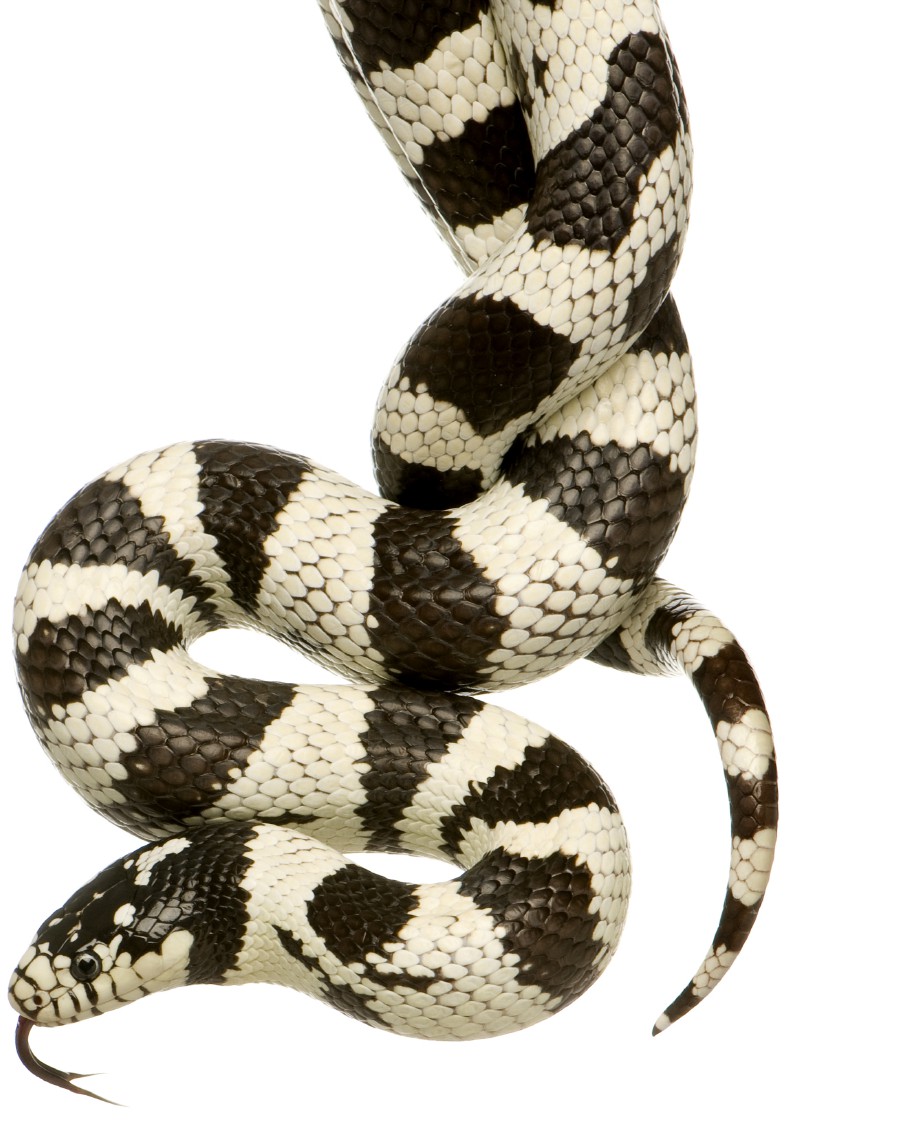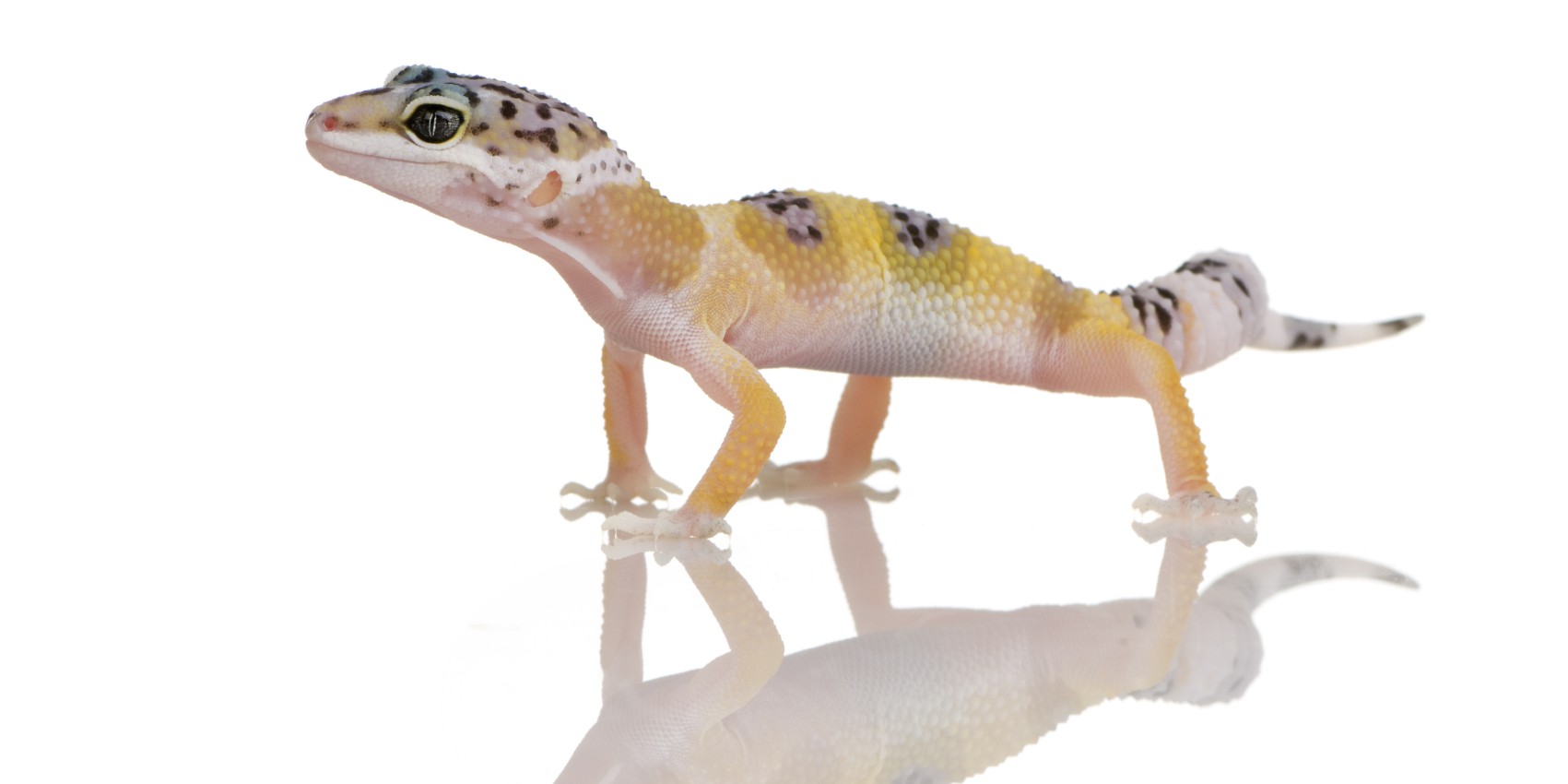Exotic Pets
We are also welcoming exotic animals, such as reptiles, birds, amphibians and rodents.
Please note that when transporting, exotic pets require special handling and exceptional care in all instances. In order to minimize environmental stress we're asking you to have a look at the recommendations below.
- Make sure the transport carrier is secure well ventilated.
-
Please mind the temperature regulation in order to avoid hypothermia or overheating
In cold seasons you can e.g. use a warm water bottle or grain pillows. Avoid direct contact with the animal, by placing a styrofoam plate between the animal and the heat source.
- The substrate should be made of cellulose (kitchen roll or newspaper), please do not use sand or grit.
- Lizards can be transported in pet carriers, travel containers or simple cardboard boxes such as shoe boxes with ventilation holes.
- Snakes and small lizards may be transported in a well tied cloth bag (seams facing outwards) and then placed in a suitable carrier / box.
- Please transport chameleons in a dark box and offer them a branch to hold on to.
- Turtles are best kept in opaque boxes, e.g. shoe boxes or cricket boxes. Aquatic turtles are transported without water.
-
Birds are best transported in (cat) travel containers, aviaries and cages are usually less suitable.
The box should have a pole or branch to cling to. To avoid stress, the transport box should be opaque (e.g. cover it with a cloth or blanket).
- If you have any questions, don’t hesitate to contact us! We look forward to assist you.
Exotic animals may be fun but it can be challenging to care for them without proper information and guidance. We suggest you to consult a veterinary prior to buy and exotic pet, to ensure you have the best advice on proper husbandry and nutrition!
Our Services for Exotic Pets:
Husbandry and housing guidances
Nutrition guidances
Medical examinations
X-ray diagnostics
Microbiological examinations
Parasitological examinations
Laboratory services
Surgical treatment
Beak treatments
Winter sleep check and guidance

FURTHER ADVICES:
Many diseases of exotic animals are often caused by inappropriate husbandry and / or nutrition.
Please inform yourself about the husbandry, housing and nutrition of your future pet before buying. Whenever purchasing exotic animals please mind, they wild animals and have have complex needs adapted to their natural habitat.
Please also pay attention to species protected by law and that some species may require EC / CITES certificates.
Further information on the certificates can be obtained from the Association for Nature Conservation.
Please don’t hesitate to contact us if you have any questions! We look forward to enhancing the health of your exotic pet through our guidance and treatment.
In our practice, tortoises are particularly important to us. Dr. Vogel has many years of experience in husbandry and is happy to share his experience with you.

